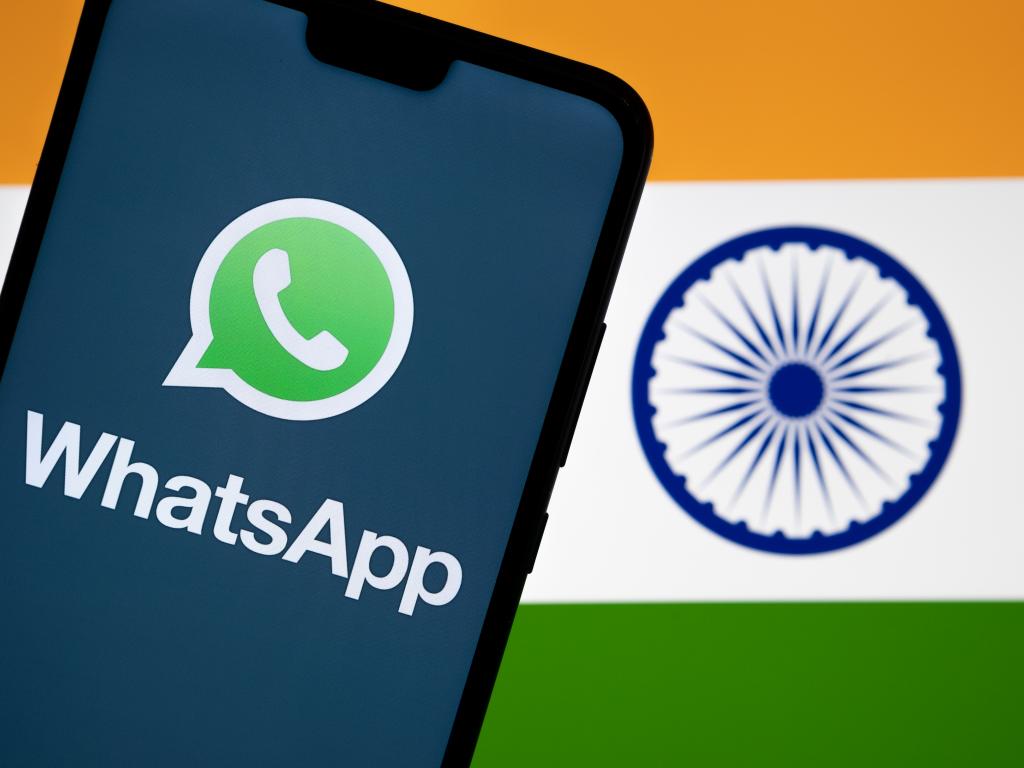Mark Zuckerberg's Meta Said To Be Worried About Indian Telecom Bill's Impact On WhatsApp
Author: Arpit Nayak | December 21, 2023 04:26am
This story was first published on the Benzinga India portal.
Mark Zuckerberg-led tech behemoth Meta Platforms Inc. (NASDAQ:FB) is reportedly anxious over the implications of India's fresh Telecommunications Bill on widely-used apps such as WhatsApp and Signal.
According to a report by Moneycontrol, India's recently enacted law could grant the government extensive control over telecom companies. Meta is concerned that this could extend to its messaging apps in the future.
Shivnath Thukral, the head of Meta's policy in India, shared his worries in an internal email viewed by the business publication. He reportedly pointed out that while the new law doesn't directly target over-the-top (OTT) services like WhatsApp, the broad definitions of "telecommunication" and "message" within the law leave room for interpretation.
See Also: Social Media Platform X Down: Users See Blank Feeds In Unexpected Outage
The Telecommunications Bill provides a wide-ranging definition of "telecommunication", encompassing the transmission of messages through various systems. The term "message" includes various types of communication. This has led some experts to express fears that apps like WhatsApp could potentially fall under the scope of this law.
Thukral also reportedly noted in the email that a "minister" had assured the company that there were no plans to regulate OTTs under this law. However, the ambiguity of the law's language continues to raise concerns.
The law grants the government the power to access and reveal messages in certain circumstances, which poses privacy concerns for encrypted platforms. The bill was passed by the Lok Sabha, India's lower house of Parliament, on Dec. 20. Some lawmakers have called for clarity on these definitions. The bill will now be presented to the Rajya Sabha, the upper house of Parliament, for approval. If passed, it will supersede the old Indian Telegraph Act of 1885.
The new bill also stipulates that only entities authorized by the government can provide telecommunication services, with the rules for obtaining this authorization to be established at a later date.
Read Next: Google Maps Adds 'Where Is My Train' And Five More Features For Indian Users: Here's What's New
Posted In: FB





